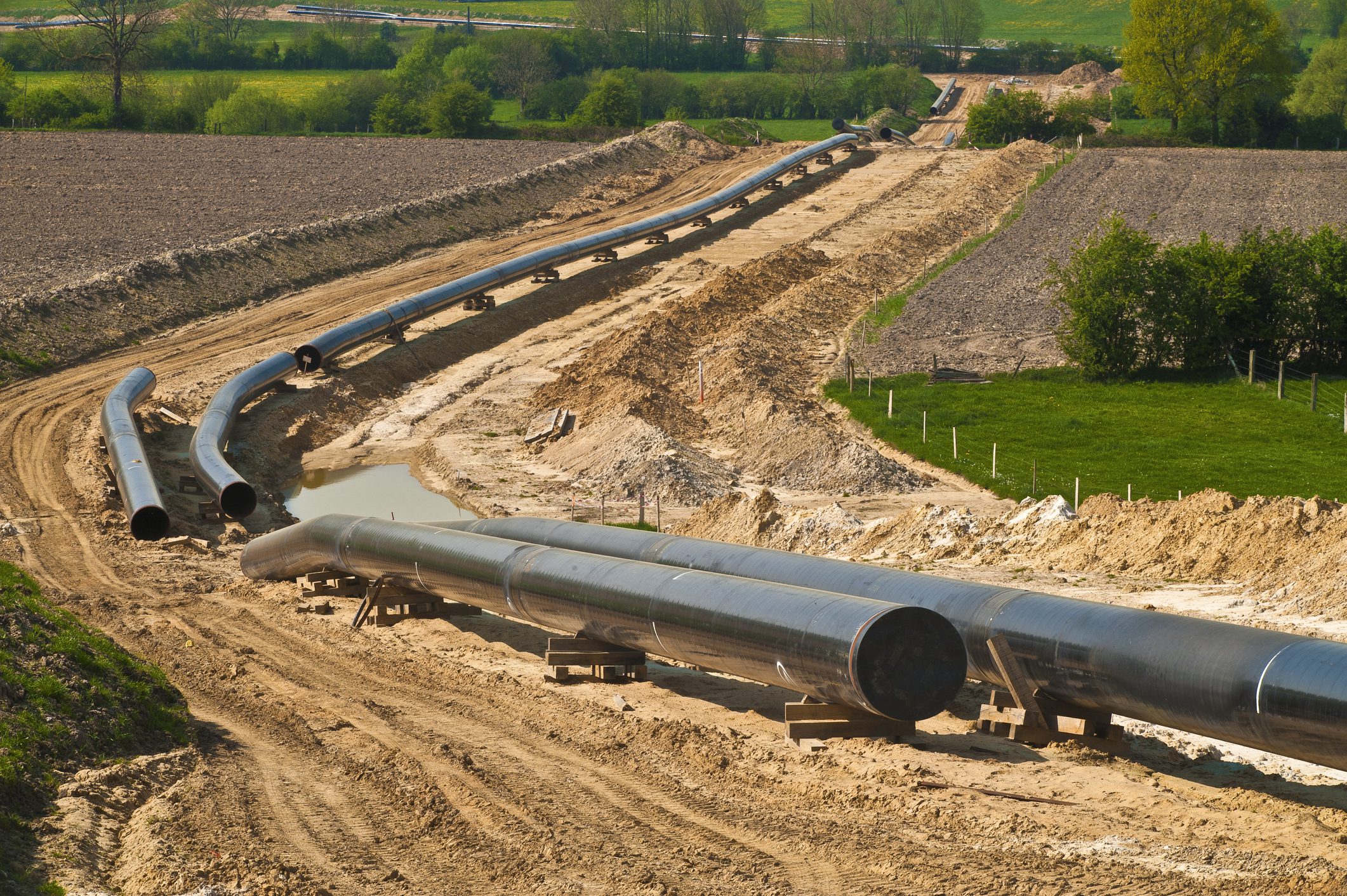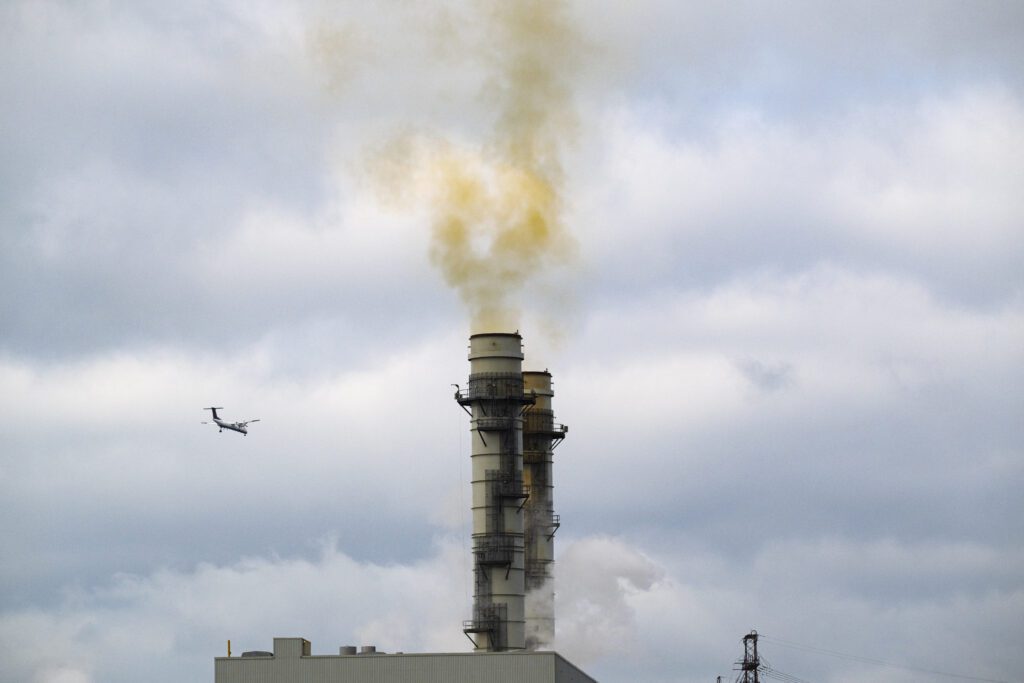Once again, important environmental safeguards are under attack from the Government of Alberta. Maybe you’ll remember that we also went to court to defend carbon pricing from the government of Alberta.
Remember, this is the same provincial government that has used anti-democractic tactics to silence critics of the oil industry similar to those used by autocratic regimes around the world – including a ‘public inquiry’, a ‘war room’ and the criminalization of protest.
And so we’re back in court – once again teaming up with the Canadian Environmental Law Association – this time to defend Canada’s new Impact Assessment Act (IAA) and accompanying regulations from Premier Jason Kenney’s baseless attacks.
Remember Bill C-69?
We spent years fighting for much-needed legislation to strengthen Canada’s environmental laws and fix the broken project review process, which had been gutted by the previous government in 2012 at the behest of the oil and gas industry – leaving communities with a flawed decision-making process that put the environment and public at risk. Environmental impact assessments are supposed to ensure that only projects which keep our communities safe and healthy get approved. Instead, the broken process led to controversy and political gridlock – and a loss of public trust in Canada’s environmental laws and the decisions being made.
That the new IAA has brought with it any improvements at all was a result of hard work – and supporters like you defending the bill as it moved through Parliament and the Senate. Groups with close ties to the oil and gas industry bombarded decision-makers with inaccurate and downright misleading information in an attempt to kill Bill C-69 as it moved through Parliament and the Senate. Industry groups don’t want to see pipelines and energy projects assessed on their impact on Canada’s climate targets. They liked the previous process set up to rubber stamp their projects.
In the end, we didn’t get everything we wanted in the new Impact Assessment Act, or the regulations, but it did make some important improvements, improvements which now need to be defended. For the first time, Canada’s environmental assessments are legally required to consider a project’s climate impacts. The IAA also improves public participation, allowing more of the public and civil society groups to participate in project reviews.
Why is Alberta challenging the new law?
Back in May 2019, Alberta’s Premier Jason Kenney warned that if the amendments to Bill C-69 suggested by the oil and gas industry, were not adopted as a whole, it would stoke fires of Alberta separation and result in a constitutional challenge on the grounds that the law intrudes on provincial rights.
And with the passage of the act, and the fact that decision-makers didn’t completely cave into industry demands, Premier Kenney followed through on the constitutional challenge. Alberta is arguing that the IAA goes beyond the federal government’s constitutional authority. Alberta claims to have its own comprehensive environmental assessment and regulatory regime that renders federal impact assessment redundant. (Premier Kenney only seems to care about constitutional jurisdiction when it serves him. The province launched a public Inquiry into “foreign-funded” campaigns that he claimed were unfair to Alberta’s oil industry, even though charitable funding and international transactions are under federal jurisdiction.)
Why are we intervening?
When Alberta decided to attack a bill that took years to develop and engaged thousands of people in the process, we decided to intervene in the legal challenge.
A Court of Appeal decision to declare the Impact Assessment Act unconstitutional—if upheld by the Supreme Court of Canada—would give Alberta a free hand to approve coal mines and oil sands projects without federal impact assessment. It would also leave the federal government without the ability to assess the impacts of industrial development projects, or make informed decisions across the country.
Canadians depend on the federal government to safeguard our families, our health and the environment from pollution, toxic contamination and other potential harms.
Protecting the environment and conserving nature is the shared legal responsibility of provincial and federal governments. But with some provinces showing less regard for environmental protection and weak assessment frameworks, it is more important than ever to have strong federal laws to uphold minimum standards and ensure a level playing field across Canada.
The federal government is responsible for laws that ensure economic development does not harm the environment—everything from protecting habitat and endangered species, assessing the risks of energy and industrial projects to Canada’s land, air and water, and consulting citizens, businesses, and Indigenous communities on the positive and negative impacts of industry. And this makes sense – landscapes, pollution and wildlife do not politely stop at provincial borders.
Although the IAA is not perfect, it is an important step forward in rebuilding public trust in Canada’s environmental reviews. As a result, we felt compelled to stand up for the law to ensure that projects that impact areas of federal jurisdiction are considered in a precautionary way and advance a more sustainable, climate-safe world.
People in Canada deserve a robust impact review process, that safeguards the long-term health of our communities while allowing good projects to be built








